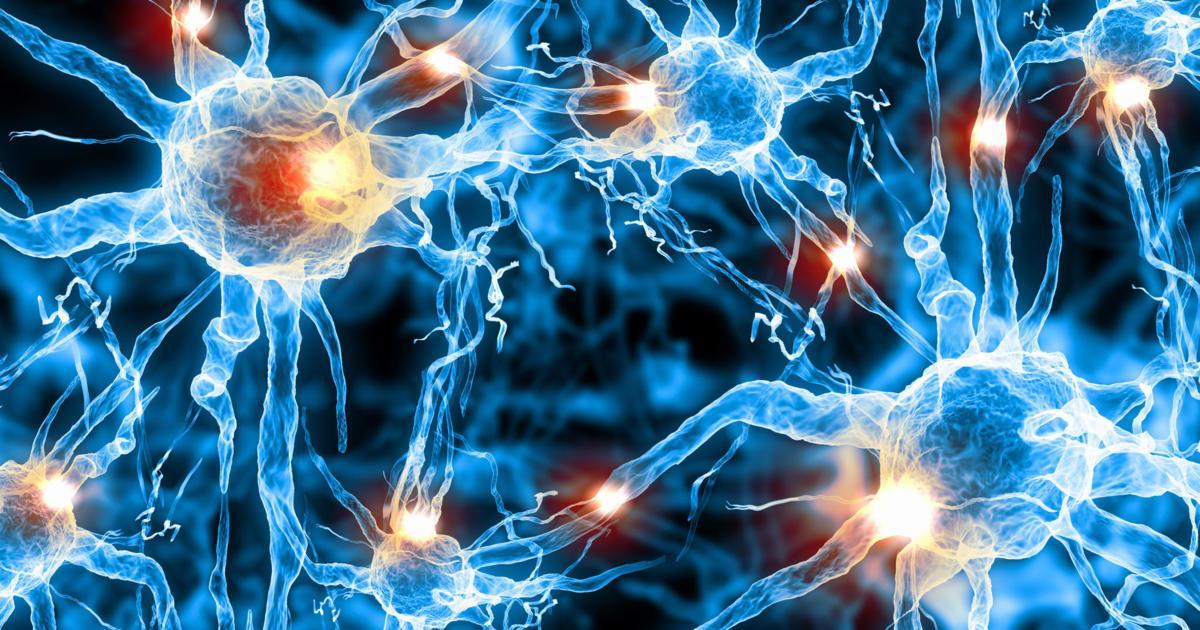What Is Ashwagandha?
Ashwagandha is a shrub of the evergreen variant that grows in the Middle East, India, and parts of Africa. The fruit and roots of the shrub have both been utilized for centuries for multiple medicinal purposes. As of the current day, ashwagandha is marketed and sold in the United States as a herbal health supplement. Ashwagandha is not regulated by the United States Food and Drug Administration and does not have to meet the same standards as food producers or pharmaceutical companies. While the health benefits and healing properties of ashwagandha have been studied to an extent, the herb is not well known in the general population. Those who are aware of ashwagandha may refer to it as Indian ginseng. Ashwagandha has also been referred to as winter cherry, but this name can become confusing because it also describes a different plant called Physalis alkekengi.
Get familiar with how ashwagandha works, its benefits, risks, and more now.
How It Works

Ashwagandha is known to be an effective nerve tonic, meaning it reduces the activity of an individual's nerves. Any nerve tonic helps restore normal activity to an individual's nerves. Ashwagandha is thought to work by allowing the body to properly adapt to numerous different physical and emotional stressors that produce adverse symptoms. Ashwagandha is thought to produce an action that closely mimics the activity of a critical neurotransmitter referred to as gamma-aminobutyric acid (GABA), which helps block impulses from moving from one nerve to the next in the brain. In addition to these mechanisms, ashwagandha is thought to help protect an individual's immune system function, ensuring it is operating at an optimal level. Ashwagandha is known to combat the natural processes of inflammation in the body tissues and helps reduce the concentration of lipids in an individual's bloodstream. The medicinal chemicals that produce such actions contained within ashwagandha include alkaloids, fatty acids, amino acids, withanolides, choline, and numerous sugar compounds.
Read about how ashwagandha is taken next.